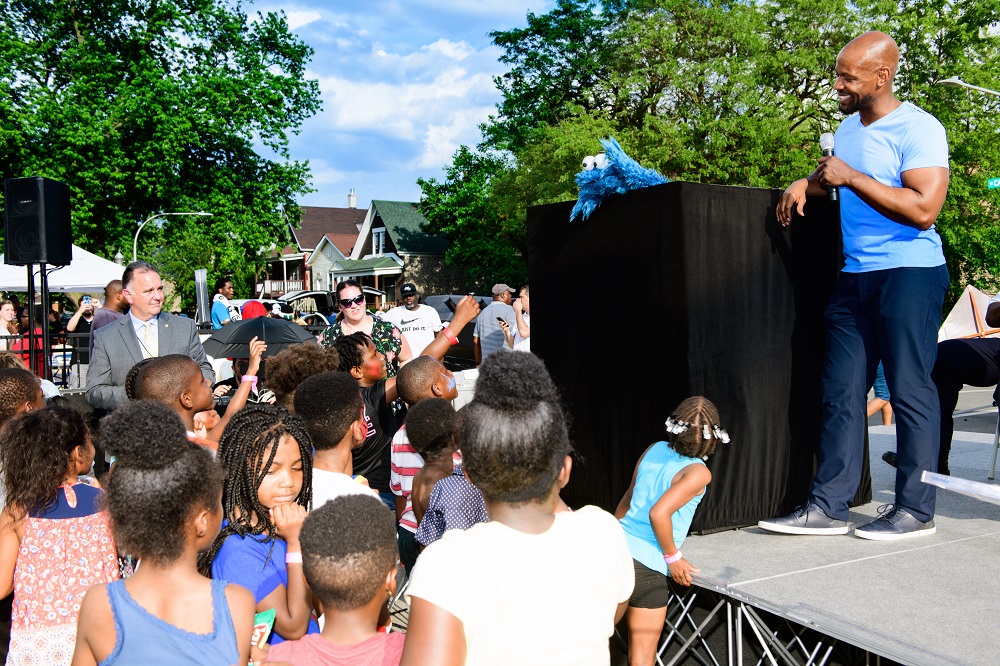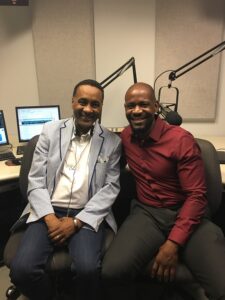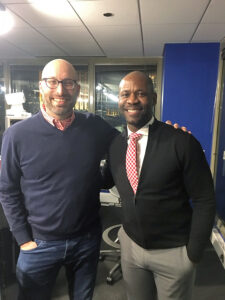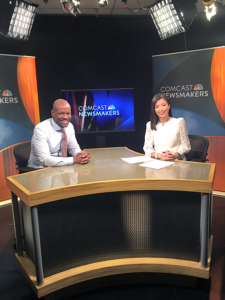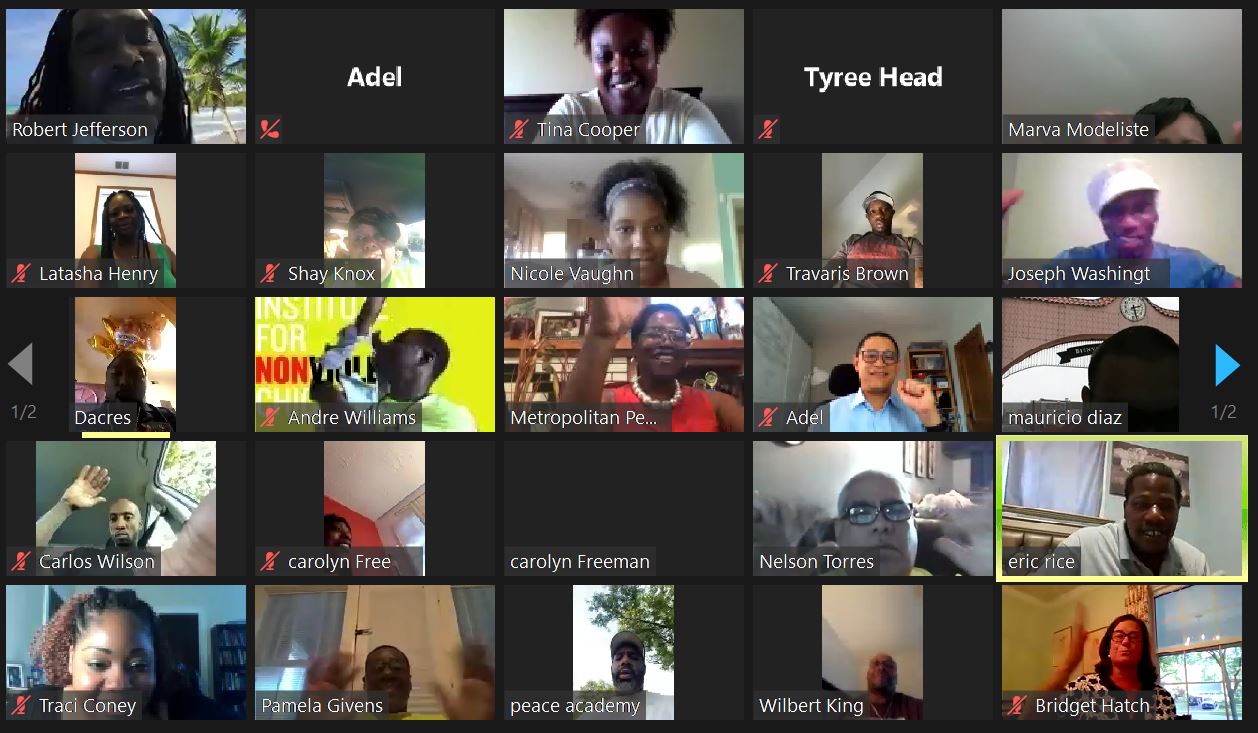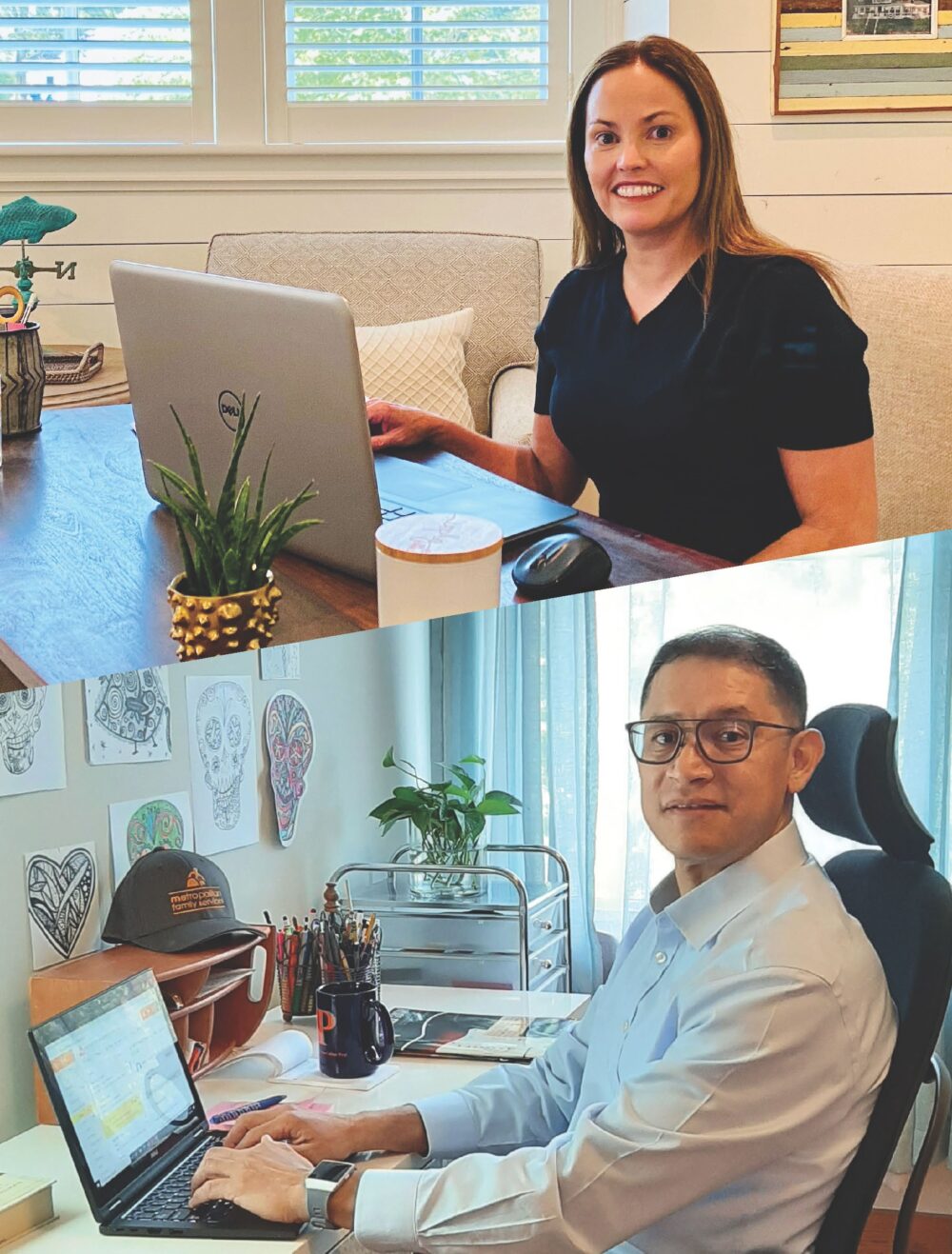
FINDING OUR STRENGTH IN VALUING EACH OTHER
October 10, 2020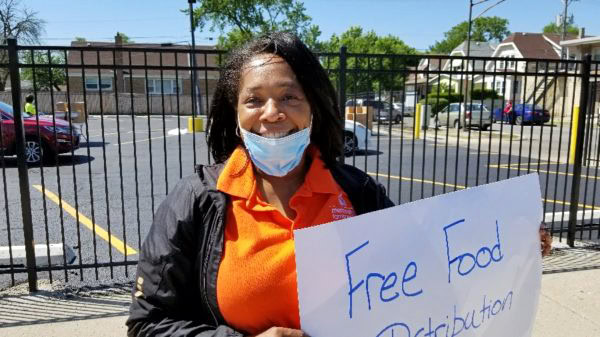
AUDRENA SPENCE
October 10, 2020
FINDING OUR STRENGTH IN VALUING EACH OTHER
October 10, 2020
AUDRENA SPENCE
October 10, 2020VAUGHN BRYANT
While COVID-19 and civil unrest have highlighted the deep level of disparity in communities where CP4P and MPI operate, Vaughn points to decades of disinvestment as a major contributor to the violence his programs work to prevent.
Seeing the anger, frustration, and confusion of those first few weeks when COVID-19 hit, Vaughn says, led him toward “refocusing on the level of empathy, patience, and endurance we need to have to reach the goal of living in a city free of violence.”
Vaughn shares the partner organizations are seeing discriminatory practices – in housing, healthcare, employment, lending – driving the markets and affecting quality of life in the communities where they operate. “If you’re a small business, why would you go to the South and West Sides if the median household income won’t support that?” Vaughn asks. “All those things fit together structurally, so [addressing them] will create better conditions for all citizens to thrive which contributes to violence reduction because there are more opportunities available.”
This leads CP4P and MPI toward a renewed focus on addressing these broader systemic issues, which present as barriers to healing and success for our communities.
In expanding its programming in Behavioral Health, Workforce Development, and Legal Aid, and offering financial relief for small business affected by looting, MPI continues to build bridges to existing systems and leveraging its partners’ unique strengths. By embedding staff and services with the partner organizations, participants access MPI’s supports in a familiar setting, with people they trust.
“This is an infrastructure we’re building for the long haul,” Vaughn says. He stresses there is no quick fix to the level of healing that has to happen; it will take getting away from the reactive thinking toward advocating for structural change, as we trend in the direction we want to go.

